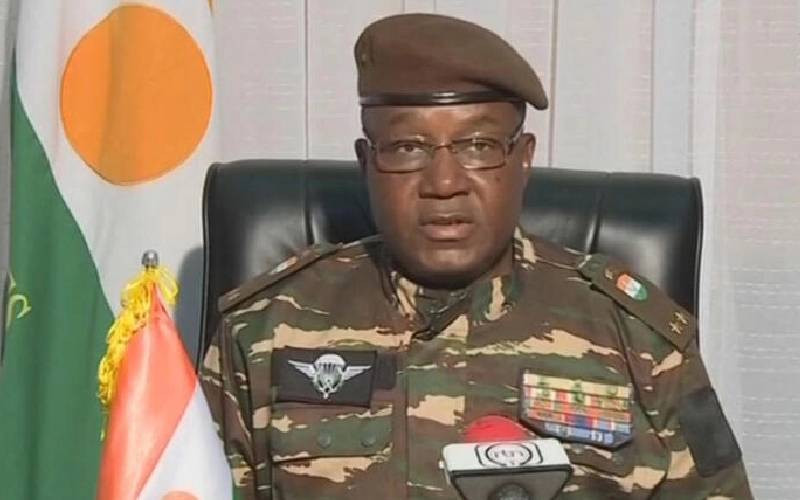×
The Standard e-Paper
Home To Bold Columnists

The West African regional bloc said on Saturday it would lift strict sanctions on Niger as it seeks a new strategy to dissuade three junta-led states from withdrawing from the political and economic union, a move that threatens regional integration.